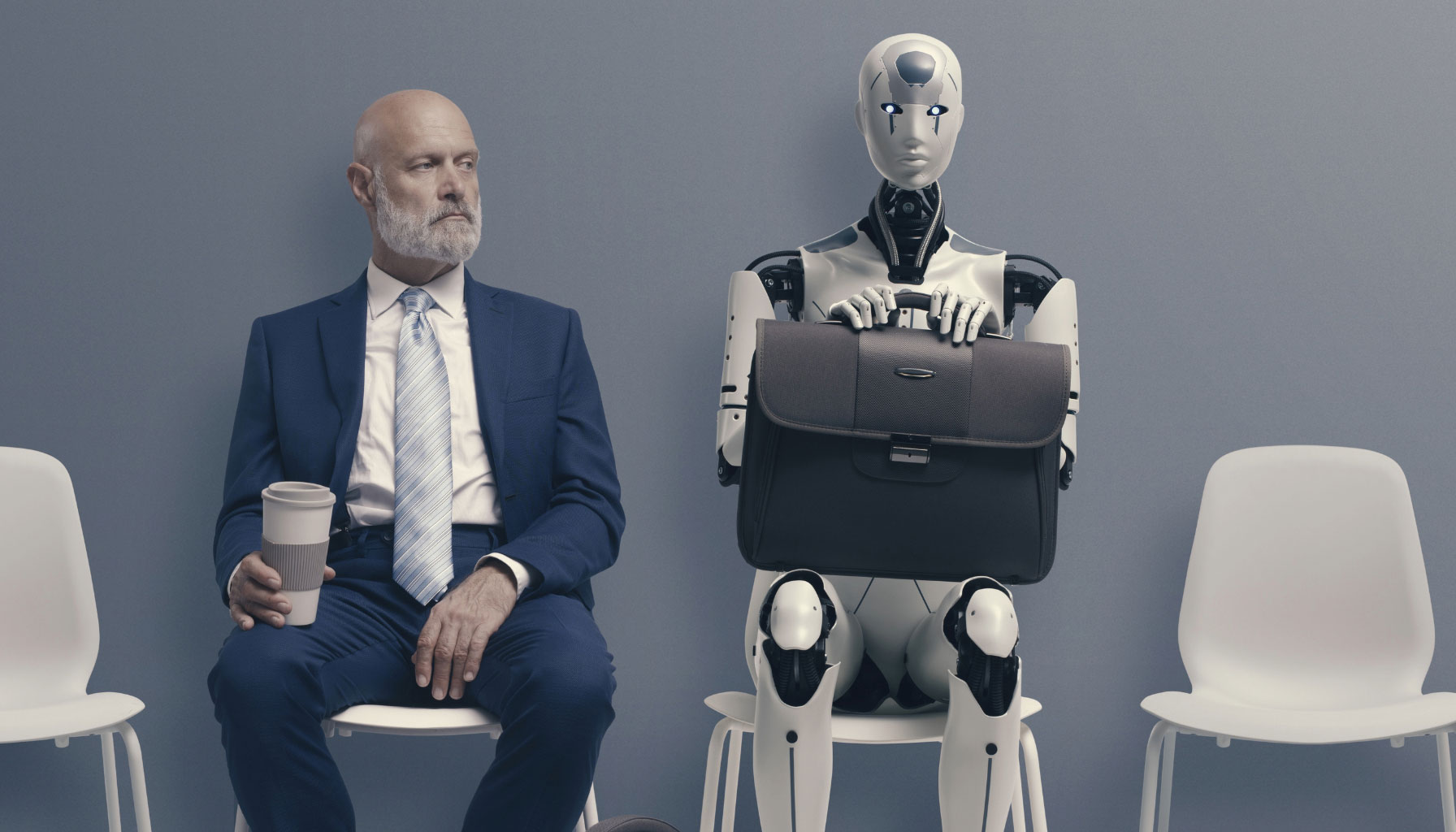As the automotive industry continues to evolve, car dealers are facing a new wave of technological advancements that promise to reshape the landscape. One of the most significant developments is the introduction of robotic salespeople in auto dealerships. While this innovation brings exciting possibilities, it also raises concerns among traditional car dealers about the future of their roles and the overall customer experience. Let’s delve into what this change means for the industry and how dealers can adapt.
The Emergence of Robotic Salespeople
The concept of robotic salespeople is no longer a distant dream. According to a recent article on Motor1.com, dealerships are increasingly adopting robotic salespeople to enhance customer interactions and streamline operations. These robots are designed to provide a seamless and efficient car-buying experience, guiding customers through the process with precision and ease. However, for many dealers, this shift can feel like a threat to their traditional roles and the personal touch they bring to the sales process.
AiMOGA Robot: A Case Study from Malaysia
A prime example of this technological shift is the AiMOGA Robot, which has recently been introduced at the Chery Joystar 4S dealership in Kuala Lumpur, Malaysia. As reported by Chery.my, the AiMOGA Robot is a highly intelligent humanoid developed by Chery and the AiMOGA team. This robot is equipped with advanced multimodal sensing capabilities, allowing it to interpret user commands, physical gestures, and the showroom environment accurately. It can introduce vehicle features, serve beverages, and assist with test drive bookings, all while maintaining a friendly demeanor.
For car dealers, the introduction of such advanced technology can be both exciting and daunting. On one hand, it represents a significant leap forward in customer service and operational efficiency. On the other hand, it raises questions about job security and the future role of human salespeople in the dealership.
Addressing Dealer Concerns
The deployment of robotic salespeople like the AiMOGA Robot is part of a broader strategy to blend technology with a human touch, making every interaction smoother and more connected. However, it’s essential to address the concerns of car dealers who may feel apprehensive about this change.
- Job Security: One of the primary concerns for dealers is the potential impact on job security. While robots can handle routine tasks and provide information efficiently, they cannot replace the human element that is crucial in building relationships and trust with customers. Dealers can focus on enhancing their skills in areas where human interaction is irreplaceable, such as personalized customer service, negotiation, and understanding customer needs.
- Adapting to Change: Embracing new technology requires a shift in mindset. Dealers can view robotic salespeople as tools that complement their roles rather than replace them. By leveraging the capabilities of robots, dealers can free up time to focus on more complex and value-added tasks, ultimately improving the overall customer experience.
- Enhancing Customer Experience: The integration of robotic salespeople can lead to a more efficient and enjoyable car-buying process. Robots can handle repetitive tasks, provide accurate information, and ensure that customers receive consistent service. This allows human salespeople to concentrate on creating meaningful connections and addressing specific customer concerns.
The introduction of robotic salespeople like the AiMOGA Robot marks a significant milestone in the automotive industry. While it brings exciting possibilities for enhancing the car-buying experience, it also presents challenges for traditional car dealers. By embracing this change and focusing on the unique value that human interaction brings, dealers can navigate this transition successfully and continue to thrive in the evolving landscape. Stay tuned to AdvancedDealerSolutions.com for more insights and updates on the latest trends and innovations in the automotive industry.



